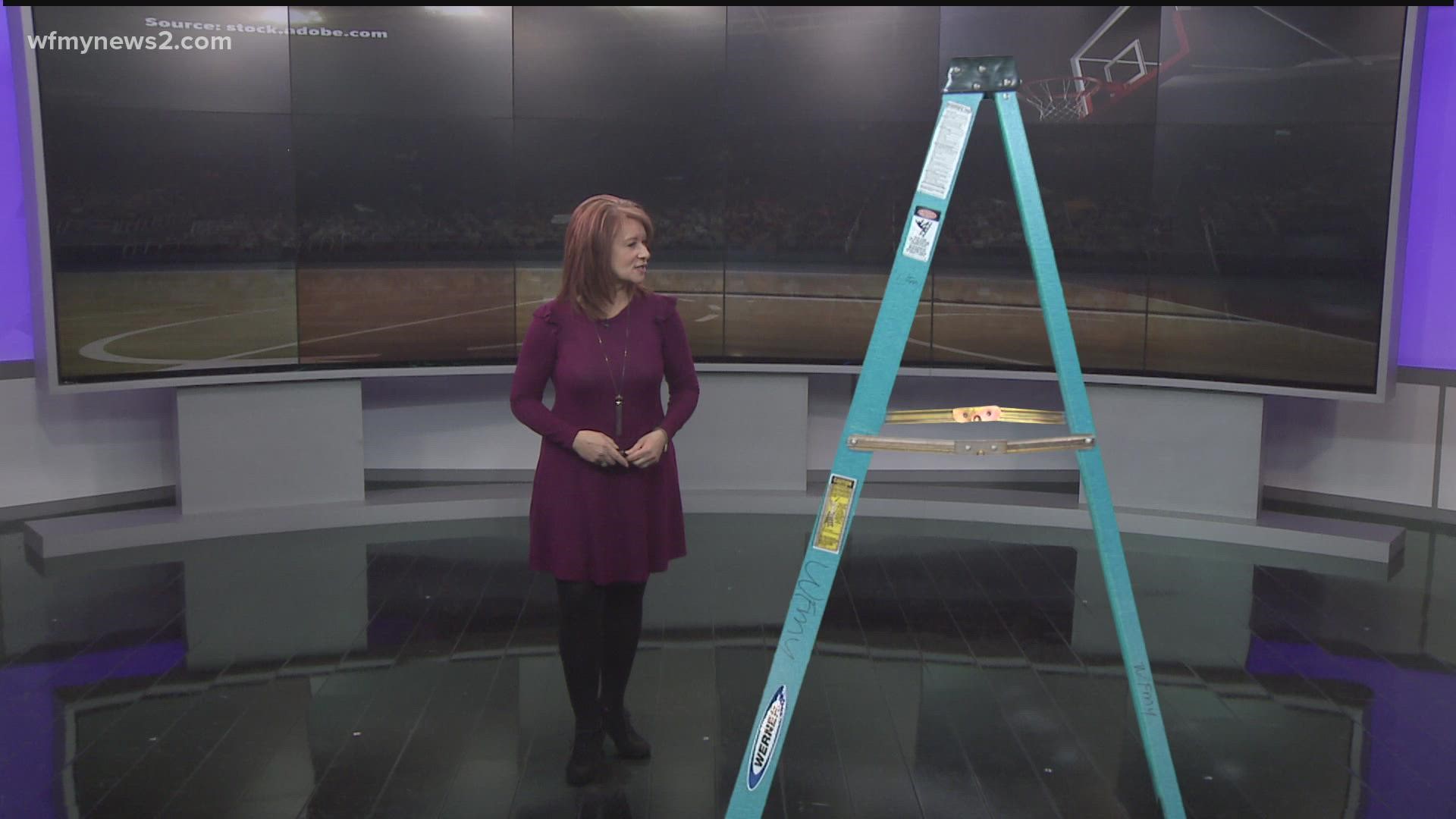DURHAM, N.C. — How the Duke Blue Devils got their name is just about as interesting as Coach K’s legacy!
However, the Duke Blue Devils almost didn’t become the “Blue Devils!” Other names in the running included the Polar Bears, Blue Titans, Blue Eagles, Royal Blazes, Blue Warriors, Catamounts, Grizzlies, Badgers, Dreadnaughts and Captains, according to Duke University.
The name dates back to World War I and to the Chasseurs Alpins, nicknamed "les Diables Bleus," who were well-known French soldiers. They gained attention with their unique training and knowledge of the alpine. They were called upon to break the stalemate of trench warfare in their native region of the French Alps.
Their distinctive blue uniform with the flowing cape and beret captured public attention. When the U.S. entered the war, units of the French Blue Devils toured the country helping to raise money for the war effort, according to the university.
Fast forward to the ending of the war in Europe, and the Trinity College Board of Trustees lifted its quarter-century ban on football on campus.
Then in September 1921, the student newspaper called, the Trinity Chronicle launched a campaign for a “catchy name.” They wanted a name that would be their, “own possession and would be instantly recognizable nationwide in songs, yells and publicity.”
During a campus pep rally, they stirred up enthusiasm by pointing out the rival North Carolina State College (now NCSU) adopted the name “Wolfpack.”
The newspaper editors urged a selection of the previous names listed to come up with the name. None of the names won strong favor but Blue Devils had enough support to elicit criticism. However, the football season passed with no official name selection.
The editors of two other student publications agreed the newspaper staff should choose a name. In the academic year 1922-23, the managing editor of the Trinity Chronicle began referring to the athletic teams as the Blue Devils. The university reports their class was the first post-war freshmen and the student body was full of returning veterans so the name needed no explanation. Even though it was somewhat unpopular they believed it was the best name nominated.
The newspapers continued to use the name and it caught on starting a new legacy.

